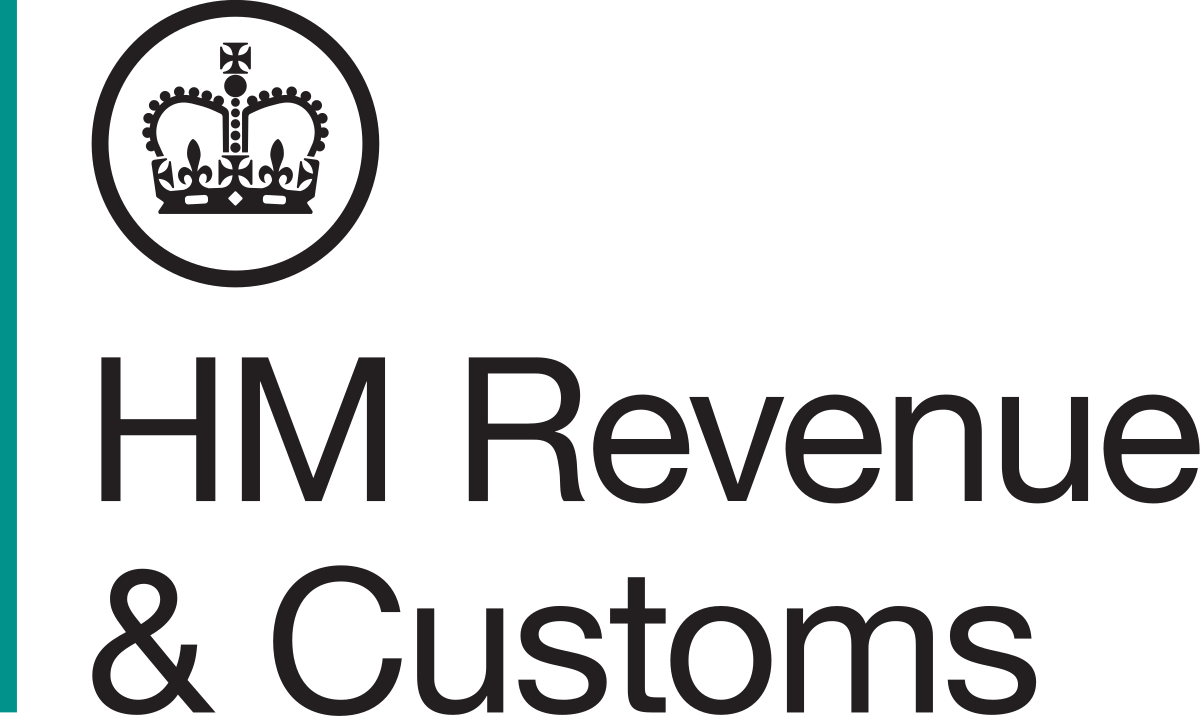Anti Money Laundering Policy
Money Laundering is the means of hiding the identity, ownership and origin of money raised through criminal activities including, but not limited to, drug smuggling and dealing, illegals arms manufacture and sale, fraud, counterfeiting, tax offences and the sex trade. Money that has been ‘laundered’ is given the impression of legitimacy and made to appear to be legal profit or financial gain, so that it can be used in the mainstream economy.
Money laundering is itself a criminal offence around the world, including in the UK, and can be damaging to financial services companies and national economies in the most extreme cases.
Strict laws are in place in the UK and across the EU to prevent money laundering and impose strong penalties on those convicted of money laundering offences. In the UK, the government and law enforcement agencies can use the powers of the Money Laundering Regulations (2007), the Proceeds of Crime Act (2002) and the Terrorism Act (2000) to bring offenders before the courts.
EU Exchange has stringent and extensive measures in place to ensure that our services are in no way used to facilitate money laundering or conceal the illegitimate origins of criminal financial gains. Our measures ensure that we comply very strictly with all applicable legislation, regulation and guidelines. We will take the appropriate action to report any suspicious activity to law enforcement agencies.

